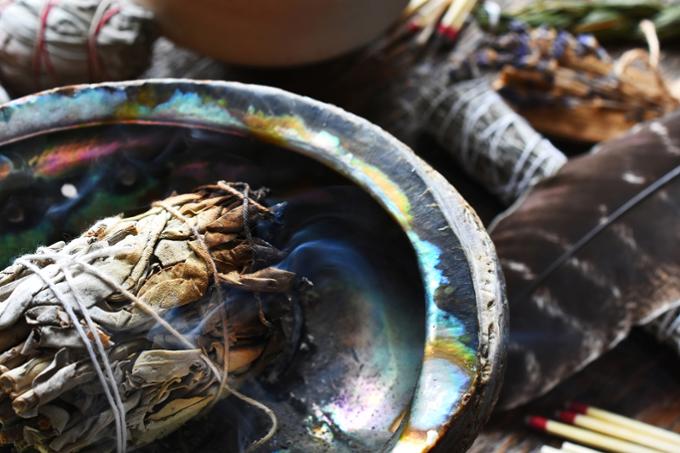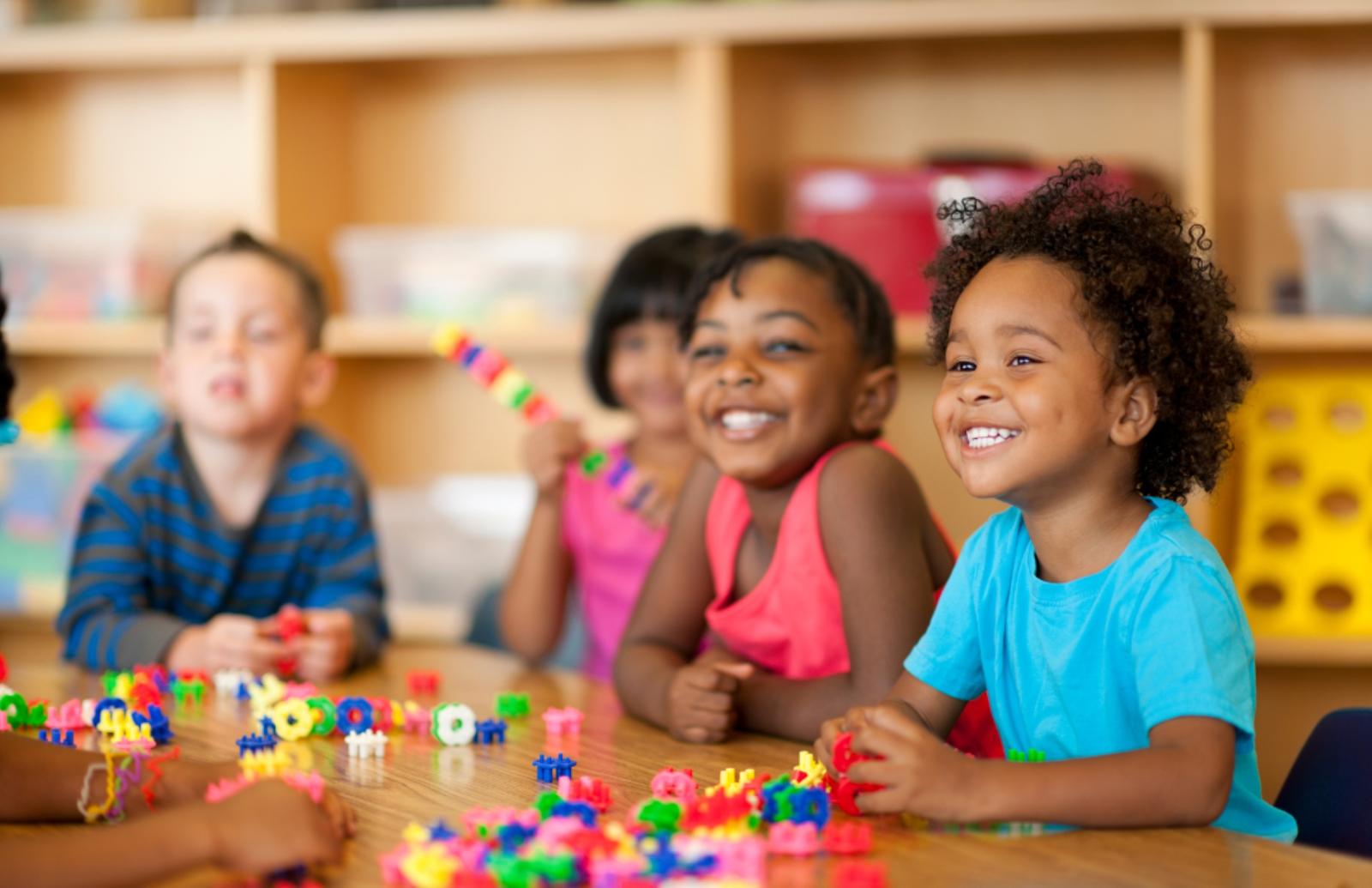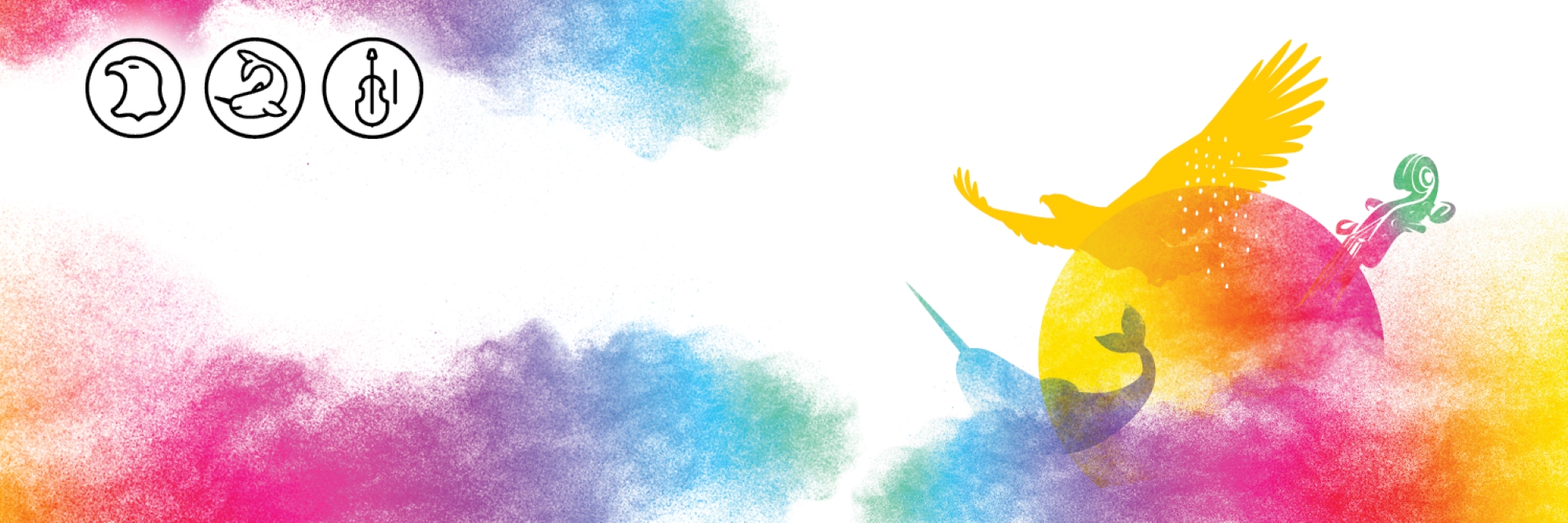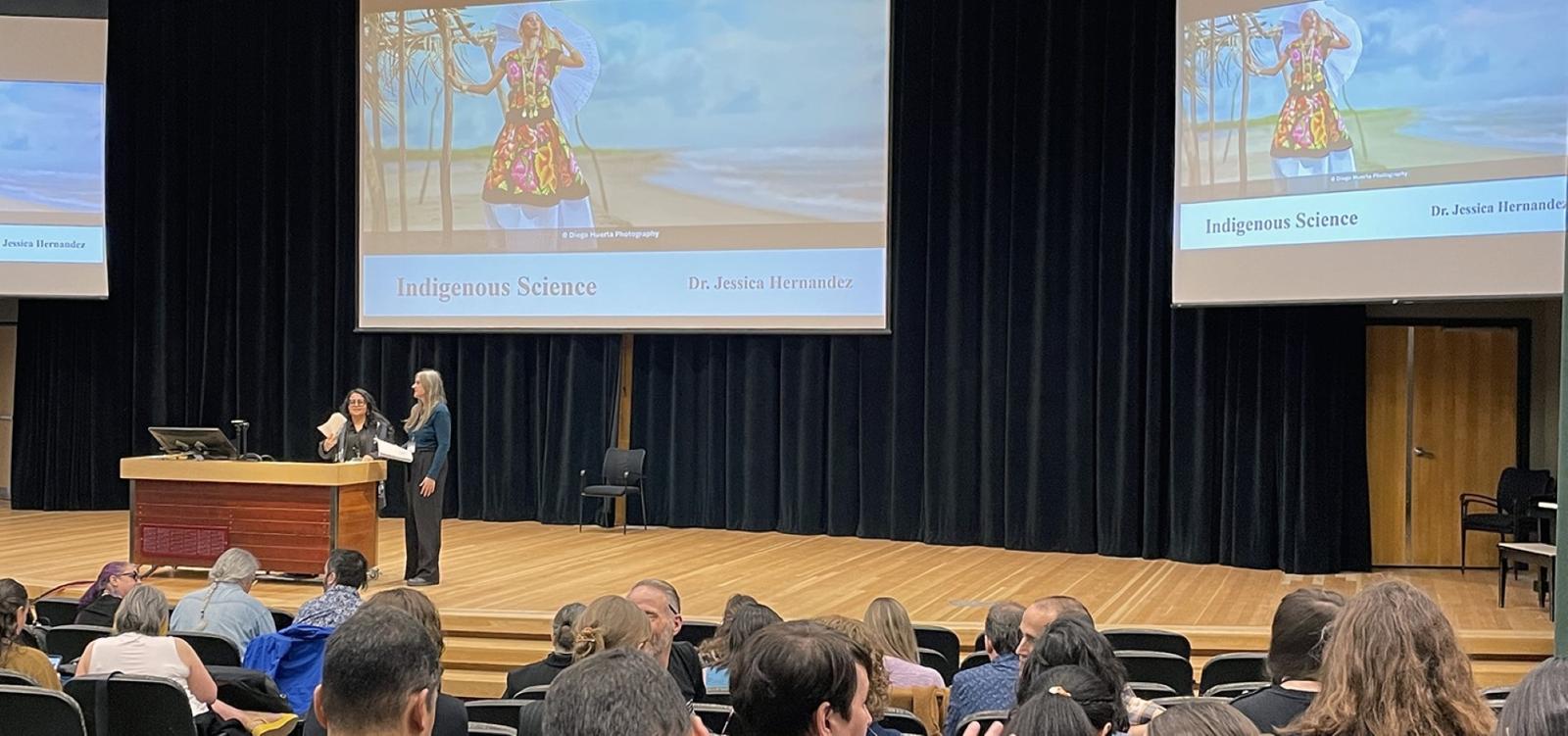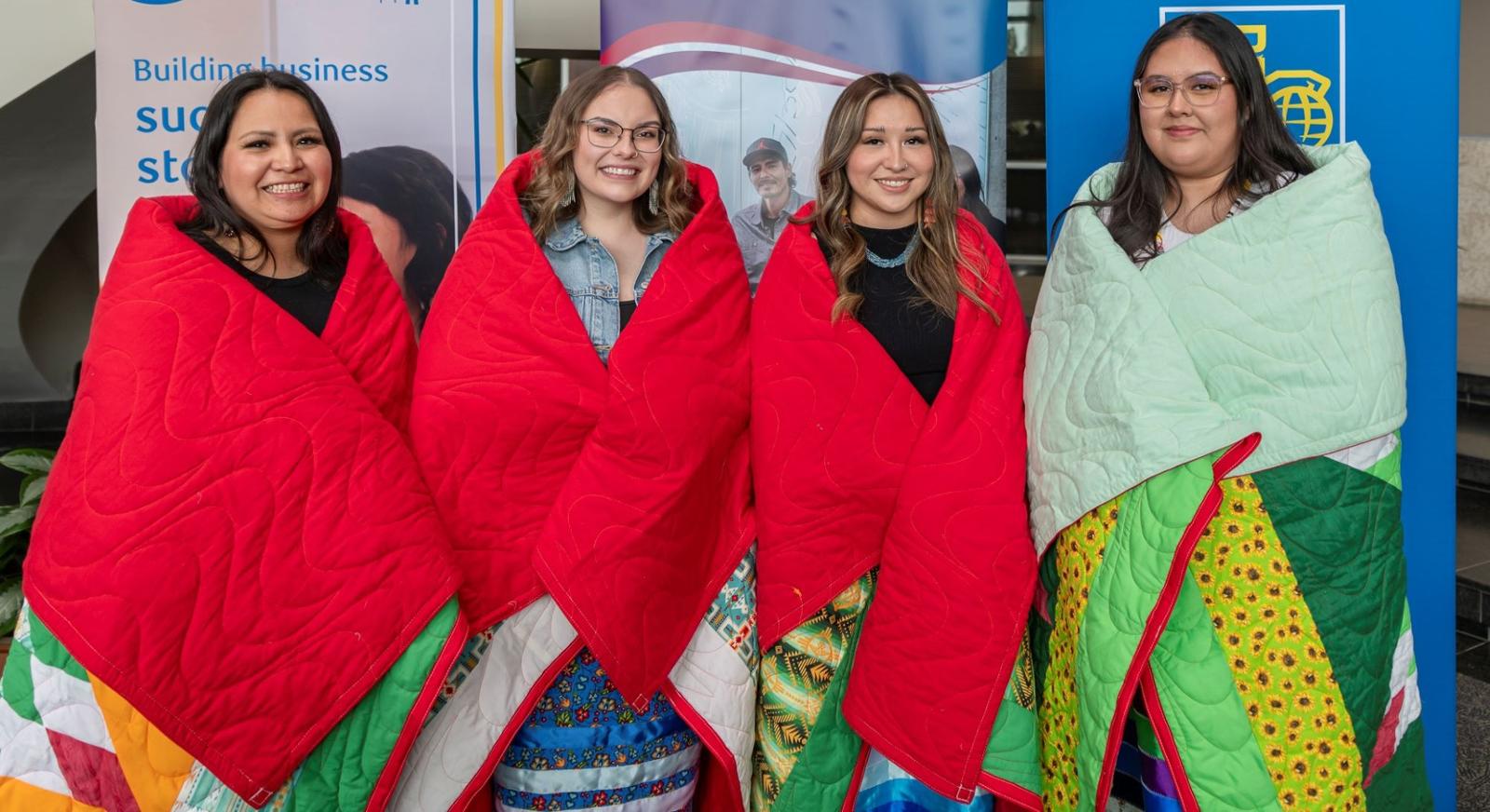Every Thursday, around 12 noon, since late October, a handful of people have gathered at the ta-tawâw Student Centre to take part in a practice that is integral to Indigenous ceremony – a smudge.
The weekly event was the idea of Keenan Cummings, program co-ordinator for the Centre. Cummings, who begins each session with an explanation about the practice, also oversees each smudge.
“The reason I started it was to open the door for conversations and for settler Canadians choosing to engage in Reconciliation to come and learn,” Cummings says. “I’m here to teach and support others.
I believe this is an opportunity for settler Canadians to come in and hear these traditional stories and teachings.”
Non-Indigenous people are often hesitant to participate in smudging ceremonies because they don’t know what to expect and they don’t understand the meaning behind it.
According to Cummings, smudging is a practice that not only cleanses an individual but also cleanses and blesses a space. Smudging also opens the portal between the physical world and the spiritual world. For many Indigenous people smudging is a regular practice and it’s typically part of all Indigenous ceremonies.
“Smudging sets ourselves up to live life in a good way,” explains Cummings. “We smudge our hands so we touch the world in a good way. We smudge our head and our mind so we have positive thoughts. We smudge our eyes so we only see the beauty in this world. We smudge our ears because we want to hear the good things people have to say. We smudge our mouth so we only speak truth, love and kindness. We smudge our bodies to protect our energy and spirit. We smudge our legs to walk in a good way. Last we usually smudge our heart so we put love into everything we do.”
Cummings encourages all students, faculty and staff to attend the smudges.
ta-tawâw Student Centre Smudge
Thursdays at noon into the new year
Room 108, Research and Innovation Centre
For more information contact keenan.cummings@uregina.ca
Truth & Reconciliation is one of five areas of focus in the University of Regina's 2020-2025 Strategic Plan kahkiyaw kiwȃhkomȃkȃninawak - All Our Relations. We strive to honour and integrate Indigenous ways of knowing and being in our teaching and research endeavours.
About the University of Regina
Set in the heart of the Canadian prairies we are a comprehensive, mid-sized university where the opportunities are as limitless as the horizon. Our campuses are on Treaty 4 and 6 - the territories of the nêhiyawak, Anihšināpēk, Dakota, Lakota, and Nakoda peoples, and the homeland of the Michif/Métis nation. It is our responsibility to strengthen relationships with Indigenous communities to build a more inclusive future for all. Our three federated colleges, 10 faculties, 25 academic departments, and 18 research centres foster innovative research with practical and theoretical applications. We are committed to cultivating the potential of our 16,000 students and supporting their health and well-being. We take learning beyond the classroom through work and volunteer experiences to develop career-ready graduates.
Let’s go far, together.
